- Empty cart.
- Continue Shopping
Maranta Fasciata Red
Original price was: ₹780.00.₹428.00Current price is: ₹428.00.
https://youtu.be/GmvOTWpVZFs?si=UNYaJkvabPfFURU5
Genus : Maranta
“Add a pop of vibrant color to your home with the Maranta Fasciata Red. Known for its striking red foliage and intricate patterns, this plant is sure to impress. Perfect for any plant enthusiast looking for a unique and eye-catching addition to their collection.”
“Maranta Fasciata Red” in the botanical world. The Maranta genus is a diverse group of plants commonly known as prayer plants, and there are various species and cultivars within this group, each with its unique characteristics.
One popular Maranta species is Maranta leuconeura, commonly known as the red prayer plant or herringbone plant. This species is known for its distinct leaf patterns and vibrant colors. The leaves typically feature green backgrounds with prominent red veins, creating an eye-catching contrast. The foliage of the red prayer plant often exhibits a herringbone-like pattern, giving it a unique and appealing appearance.
Cultivating Maranta leuconeura, or any Maranta species, requires providing it with the appropriate growing conditions. These plants thrive in bright, indirect light and prefer warm and humid environments. They are often grown as houseplants and benefit from regular misting or using a humidifier to maintain adequate moisture levels around the leaves.
When it comes to watering, it is important to keep the soil consistently moist but not waterlogged. Marantas prefer well-draining soil that retains some moisture. It is advisable to water when the top inch of soil feels dry to the touch, ensuring that excess water drains away to prevent root rot.
Marantas also appreciate temperatures between 65-80°F (18-27°C) and can be sensitive to cold drafts or sudden temperature fluctuations. They thrive in tropical or subtropical climates and require a warm and stable environment to flourish.
Fertilizing Maranta plants with a balanced houseplant fertilizer during the growing season can help provide the necessary nutrients for healthy growth. Following the instructions on the fertilizer package is important to avoid over-fertilization, which can lead to leaf burn or other issues.
Maranta leuconeura, or the red prayer plant, is a beautiful and popular choice among plant enthusiasts due to its striking leaf patterns and vibrant colors. With the right care, including appropriate lighting, humidity, watering, and fertilization, this plant can thrive and bring a touch of natural beauty to any indoor space.

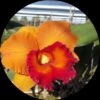


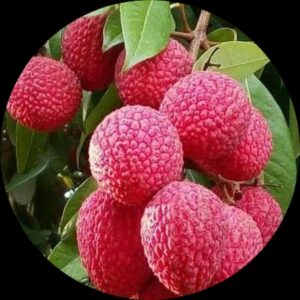
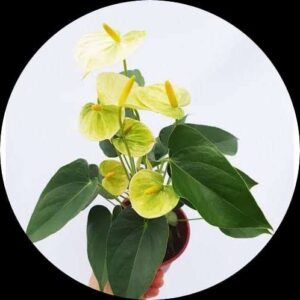
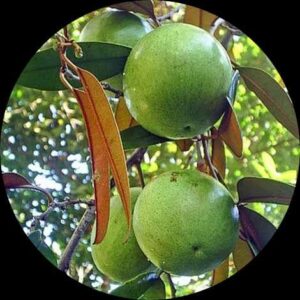
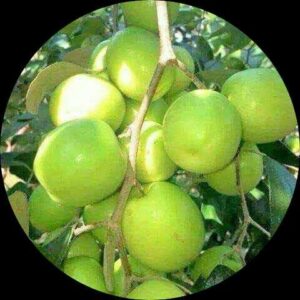
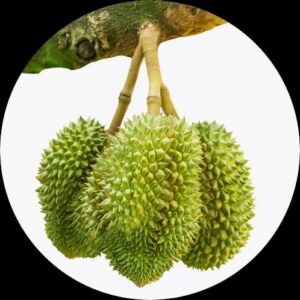


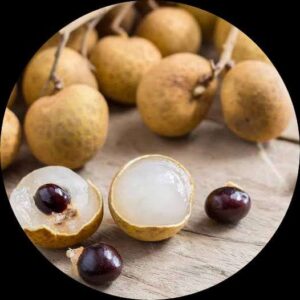
Reviews
There are no reviews yet.